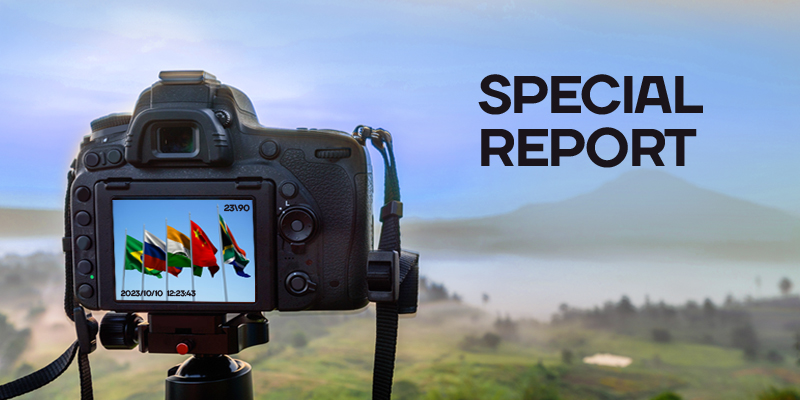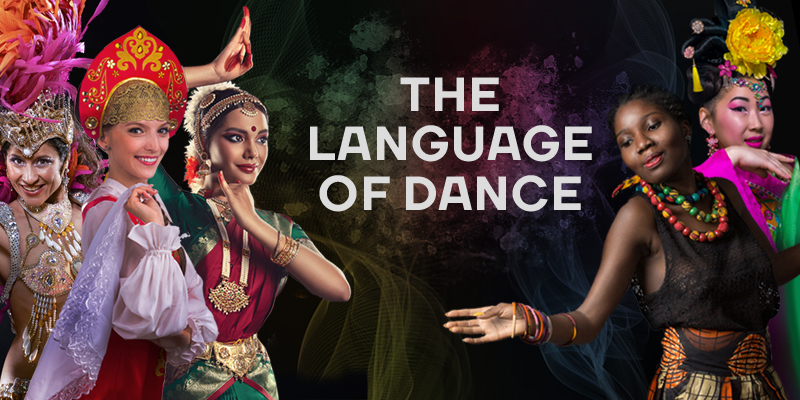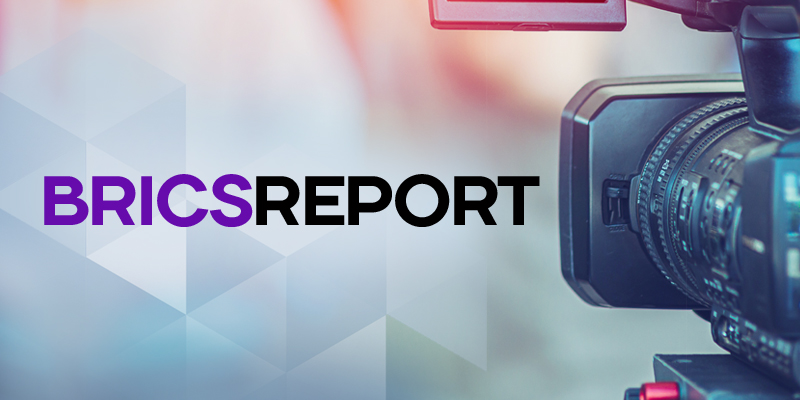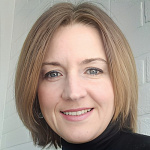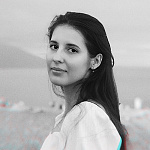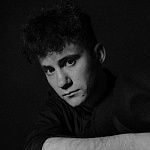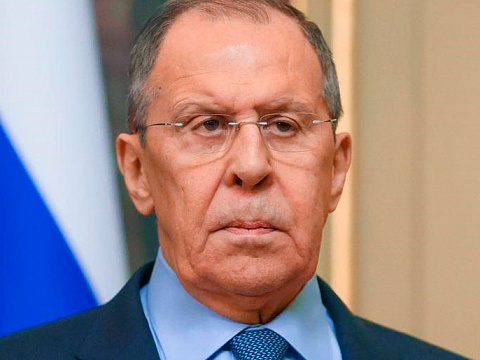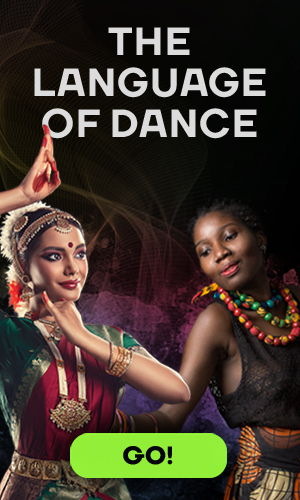Schoolchildren from Moscow win international invention competition
Moscow schoolchildren have won gold in the International Young Inventors Award (IYIA). Mark Baranov and Sasha Sukhotsky have created a device designed to establish fast communication between patients and doctors. You can communicate, ask questions, even contact a nurse via a special software. In addition, the invention reminds the patient to take their pills at the right time.
In the near future, doctors will be able to issue commands to the device remotely, monitor the patient's condition and even control the dispensing of pills without visiting the patient, if the development by Moscow schoolchildren catches on.
Mark Baranov and Sasha Sukhotsky are the youngest participants in the international inventors competition. In Bali, their development was praised with a gold medal, and the Eurasian Patent Committee suggested documenting the rights, since the device's functionality can be expanded further.
“In order to have a good connection between a medical worker and a patient, they add sensors – a temperature sensor, a pressure sensor. They want to foresee an emergency situation - if a patient hasn't taken a pill, for example, or isn't feeling well, then the health worker should immediately see this on the screen, and then they can quickly make a decision," said Vladimir Sukhotsky, a teacher of extracurricular education.
Participants from 45 countries presented their inventions at the competition. Despite the fierce competition, another gold medal arrived in Moscow - for the medical device by a first-year medical student Anastasia Eliseeva - a stethoscope combined with a microphone, which is attached to the right side of the body and listens to and amplifies our sounds.
For a year and a half, she picked out noises so that the machine could diagnose respiratory disease by sound. So far, the device has only ten diagnoses in its arsenal, such as asthma, pneumonia, lung damage with COVID-19.
“Ten sounds, let's say, are ideal - large bubble noises, small bubble noises. We took them from the Internet, then assembled our database by trying them on ourselves. Just make some noise, clap, shout. We were looking at exactly how our device works," says Anastasia Eliseeva, winner of the International Young Inventors Award (IYIA).
An invention at the intersection of medicine and technology has also attracted the interest of the Eurasian Patent Commission. This device, unlike the non-technological stethoscope, can be worn on your body to monitor changes in your condition. Every four hours, lung noise information is read.
"We have already thought of further functionality that we will develop - this is along the lines of an alarm button that will say 'you are not breathing', 'let's call a doctor', or predicting, where a doctor can look and say that you have a worsening illness," added Anastasia Eliseeva.
The young inventors are preparing their devices for a patent and the next competition will feature unexpected new designs.
"There are now about 34 parallel projects in the most unpredictable fields of technology, science," said Vladimir Sukhotsky.
Photo: TV BRICS
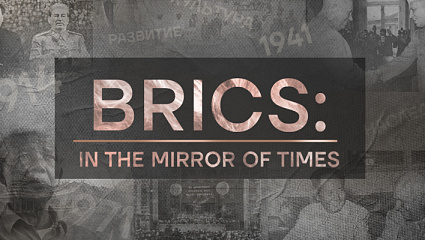
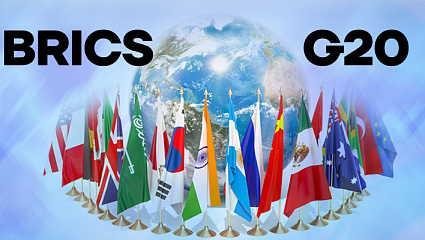
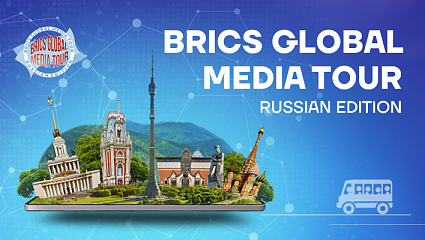

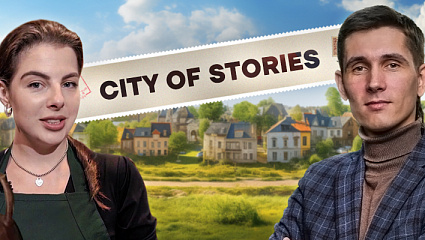
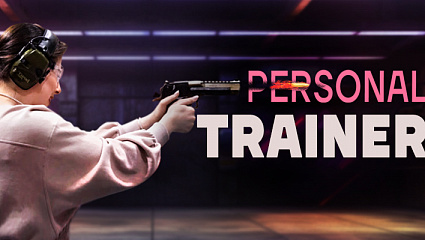

 DIGITAL WORLD
DIGITAL WORLD









